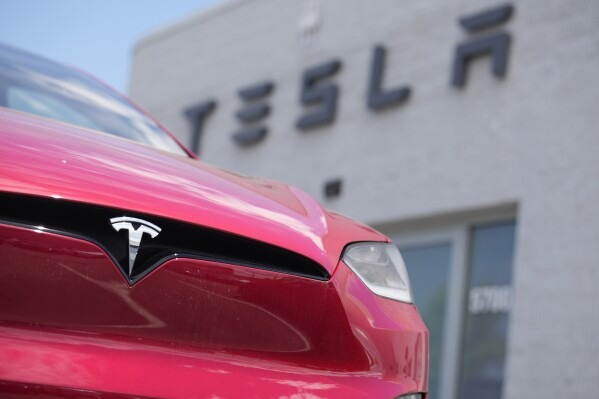In a world increasingly focused on sustainability, the auto industry is undergoing a significant transformation. A recent report from Bloomberg Green highlighted that electric vehicles (EVs) accounted for over 10% of global car sales in 2023, signaling a shift in consumer preference. But with the rise of EVs, hybrid and traditional gasoline cars still hold a significant share of the market. So, which type of vehicle offers the best value in 2024? This article will delve into the costs, benefits, and drawbacks of EVs, hybrids, and gas-powered cars, allowing you to make an informed decision.
Understanding the Value Proposition of EVs
1. Cost Efficiency and Incentives
- Initial Cost vs. Long-term Savings: While the upfront cost of EVs, like Tesla’s Model 3 or the Hyundai Ioniq 5, is generally higher than gas cars, significant savings on fuel and maintenance can offset this over time. According to InsideEVs, an EV owner could save up to $800 annually on fuel.
- Government Incentives: Many countries provide tax credits and rebates for EV purchases. In the U.S., for example, the federal tax credit can reduce the purchase price by up to $7,500.
2. Environmental Impact
- Zero Emissions: EVs produce no tailpipe emissions, making them the most environmentally friendly option. According to the International Energy Agency (IEA), switching to EVs could cut passenger car emissions by 50% by 2030.
- Battery Recycling and Sustainability: Companies like Rivian and BYD are investing in battery recycling technologies to further reduce the environmental footprint.
3. Charging Infrastructure
- Growing Network: Charging infrastructure has expanded dramatically, with over 50,000 public charging stations in the U.S. alone. Apps like PlugShare can help locate nearby stations.
- Home Charging: Installing a home charger can be a convenient option, costing around $500 to $2,000 depending on your setup.
The Hybrid Advantage
1. Balance of Efficiency and Convenience
- Fuel Economy: Hybrids offer superior fuel efficiency compared to traditional gas vehicles. Models like the Toyota Prius achieve over 50 MPG, providing significant savings at the pump.
- Flexibility: Hybrids use both an internal combustion engine and electric motor, allowing drivers to switch seamlessly between power sources.
2. Lower Emissions
- Reduced Carbon Footprint: While not as green as EVs, hybrids still offer significant emissions reductions. For instance, the Honda Accord Hybrid emits about 50% fewer emissions compared to its gas-only counterpart.
3. Cost and Availability
- Affordable Options: Hybrids often cost less upfront than EVs. The Kia Niro Hybrid, for instance, starts at around $24,000, making it a budget-friendly choice.
- Wide Selection: Most major automakers, including Ford and Nissan, offer hybrid versions of popular models, providing plenty of options for consumers.
Gas Cars: The Traditional Choice
1. Initial Cost and Accessibility
- Lower Purchase Price: Gas-powered cars generally have the lowest initial cost, with models like the Nissan Versa starting at around $15,000.
- Widespread Availability: With a vast network of gas stations, fueling up is convenient and quick.
2. Performance and Range
- High Performance: Gas cars often offer superior performance and range, making them ideal for long-distance travel without frequent stops.
- Proven Technology: With decades of development, gas engines are reliable and easy to maintain.
3. Environmental and Economic Considerations
- Higher Emissions: Gas cars produce the most emissions, contributing more to air pollution and climate change.
- Volatile Fuel Costs: Gasoline prices can fluctuate, impacting the overall cost of ownership.
Practical Tips for Prospective Buyers
- Assess Your Needs: Consider your driving habits. If you often drive long distances, a hybrid or gas car might be more practical due to their range and quick refueling capabilities.
- Calculate Total Cost of Ownership: Factor in fuel, maintenance, insurance, and potential incentives to determine the true cost over the vehicle’s lifespan.
- Explore Incentives and Financing Options: Check for local and federal incentives that can make EVs or hybrids more affordable.
Conclusion: Which is the Best Value?
Ultimately, the best value in 2024 depends on individual priorities. For eco-conscious buyers prioritizing sustainability and long-term savings, EVs present the most compelling option. Hybrids offer a balance of efficiency and convenience, while gas cars remain a practical choice for those seeking affordability and range. As technology advances and infrastructure improves, the landscape will continue to evolve, offering even more choices and innovations. What will you choose for your next vehicle? Share your thoughts and join the conversation on the future of mobility.

